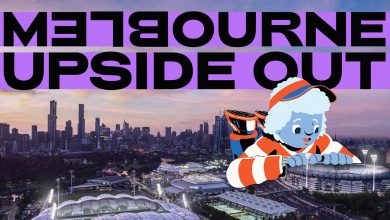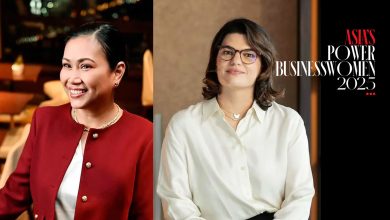MANILA/SINGAPORE – With 3 more days to go before the MTV Music Evolution 2015, MTV shared several news highlights in its ramp-up to the highly-anticipated one-night-only outdoor live music event this Sunday at the Quirino Grandstand.
One of the most prolific DJs in hip hop history, DJ Cash Money, will join the show’s current performers’ line-up consisting of the iconic and Grammy Award-winning hip hop act, Naughty by Nature, Billboard Hot 100 hip hop artist, YG, Filipino-American rapper, record producer and dancer, Apl.de.ap, the Philippines’ most celebrated rapper, Gloc-9 and Philippines’ hottest hip hop act, Abra. He replaces DJ Mustard who will not be able to perform at MTV Music Evolution 2015 due to personal reasons. DJ Mustard sends his sincere apologies to all his fans in Asia.
Amongst the thousands anticipated at the show, one lucky fan will win an exclusive paid-trip* for two to the MTV World Stage Malaysia 2015**. Fans at the event can take part in an Instagram contest with the hashtag #mtvmusicevo to stand a chance to win this exclusive trip to Kuala Lumpur later this year. This includes chances to win limited edition MTV merchandise. Entries can be a selfie, wefie, #ootd (i.e. Outfit of the Day), or fans’ best hip hop moves through an instavid.
For the early birds heading to the show, free cab rides are up for grabs for the first 1,000 fans from within Metro Manila via GrabTaxi to the MTV Music Evolution event from 2.30pm – 6pm on 17 May. Fans simply show the history of their booking at the GrabTaxi booth at the event to get their cashback of PHP150 per ride.
Apart from MTV Asia VJs Alan Wong and Hanli Hoefer, the MTV Music Evolution 2015 will also be co-hosted with MTV Pinoy VJs Yassi Pressman and Chris Schneider.
The free entry show is recorded live for global telecast under the MTV World Stage global series to an international audience of more than three-quarters of a billion households in over 160 countries. The show premieres on-air on Saturday, 30 May at 6pm (TH/WIB), 7pm (SG/PH), and 8pm (MY).
MTV Music Evolution 2015 will open its doors at 3pm, with the event commencing at 7pm. MTV Music Evolution 2015 is presented by the Tourism Promotions Board (TPB) of the Philippine Department of Tourism (DOT), co-presented by Nestle® Drumstick® and major sponsors Nestlé® Kit Kat® and Globe, supported by the National Parks Development Committee (NPDC), with media partners Circuit magazine, Gist.PH, Inquirer.net, 99.5 Play FM, Wave 89.1, Oomph! Radio (Cebu, Davao and Zamboanga), WhenInManila.com, PhilippineConcerts.com, Scout Magazine, broadcast partners Cignal and Dolby, ride partner GrabTaxi, hotel partner H2O, post party partner Chaos at City of Dreams and roadshow venue partner, Robinsons Place Manila.
MTV Music Evolution is a live music event that brings to life the evolution of a music genre and enables young people to experience and discover how music styles and sounds have evolved over the years. MTV Music Evolution marks its inauguration 2015 edition with a feature on hip hop, showcasing iconic and contemporary hip hop acts from both international and local music scenes on a single stage, while featuring the best of Philippine music and culture to international youth audiences.









